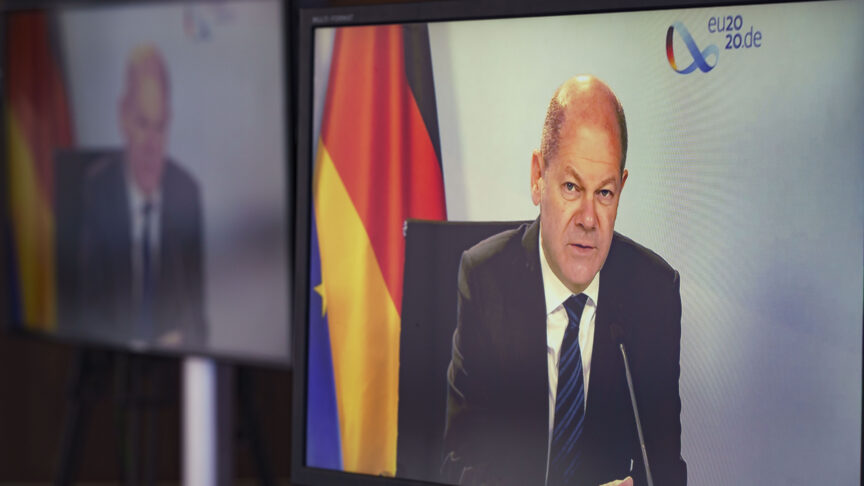
Germany’s Zeitenwende: what does it mean for Europe?
German chancellor, Olaf Scholz, is facing criticism for not meeting the expectations he created with his Zeitenwende speech. But how fair is this criticism?

ECFR Alumni · Policy Fellow
Geo-economics, economic statecraft, security, sanctions policy, German foreign policy
German, English, French, Spanish, some Arabic
Jonathan Hackenbroich was a policy fellow for economic statecraft and the head of ECFR’s Task Force for Strengthening Europe against Economic Coercion. His work for ECFR’s European Power programme focused on economic coercion and geo-economics, especially trade and sanctions policy. He is also an expert on German foreign policy.
Hackenbroich has been published in the weekly Die Zeit, the daily FAZ and Tagesspiegel, French daily Le Monde, the New Statesman, Internationale Politik und Gesellschaft, and in ECFR’s annual political trends papers. He regularly appears as a commentator in the media, from the New York Times to German Handelsblatt, and has been a podcast contributor at ECFR’s flagship podcast “World in 30 Minutes”.
Hackenbroich holds a Master of Science in Foreign Service from Georgetown University in Washington D.C. where he specialised in US grand strategy, geopolitics and geo-economics. He also holds a BA in International Relations from TU Dresden.
Previously, Hackenbroich was research assistant to ECFR’s director where he acted as speech writer, podcast researcher, and strategic adviser to Mark Leonard. Before joining ECFR, Hackenbroich was a trainee at Frankfurter Allgemeine Zeitung, where he worked at the foreign desk and wrote about geopolitics and strategic issues.
He has also been a lecturer on strategic political forecasting at TU Dresden. Hackenbroich had previous work experience at the Carnegie Endowment in Washington, DC, the German Foreign Office’s Iran Task Force, the German Bundestag, UNHCR Jordan and with Friedrich-Ebert-Stiftung in Lebanon.

German chancellor, Olaf Scholz, is facing criticism for not meeting the expectations he created with his Zeitenwende speech. But how fair is this criticism?

Putin is entertaining the idea of total economic war to force the EU weaken its sixth package of sanctions on Russia. Europeans should stay united and call what is likely to be a bluff
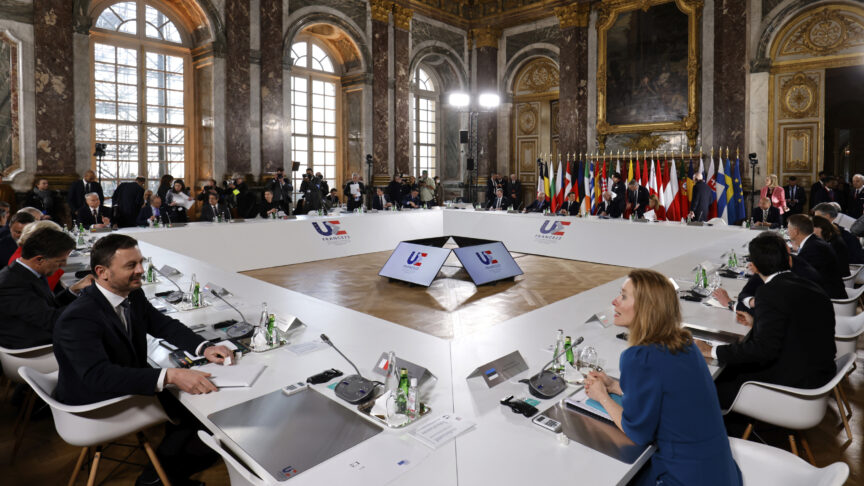
A strong Anti-Coercion Instrument could help the EU brace for a long-term economic war with Russia and adapt to the new geo-economic order
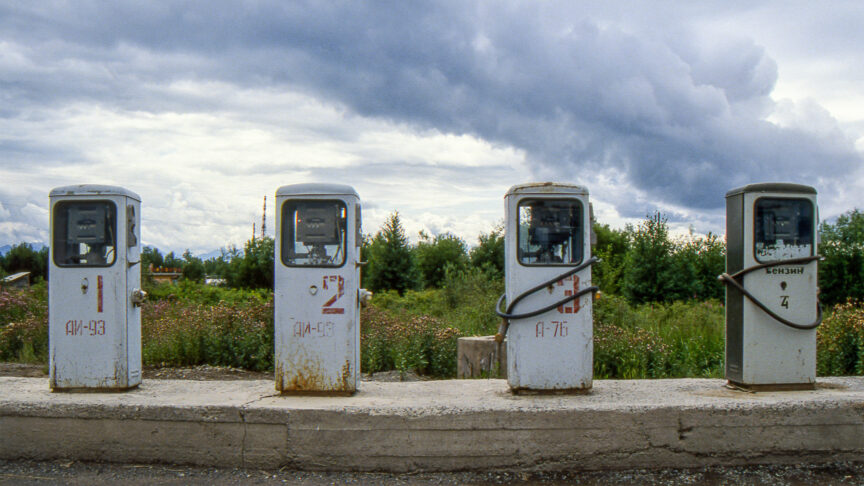
The EU should adopt a phased approach to energy sanctions on Russia. This would be more effective than a rushed embargo and would help preserve European unity
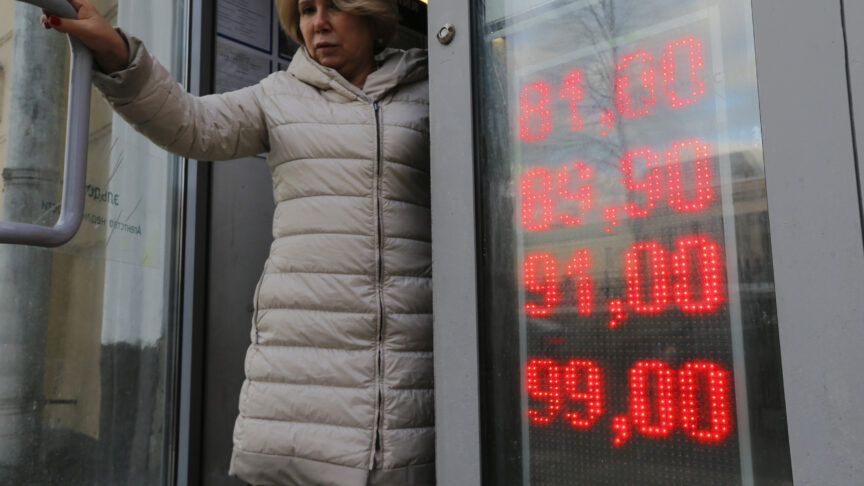
A European Solidarity Fund could help the EU preserve its unity as it engages in economic warfare. The fund would make it much more difficult for third countries to weaken Europe – and for Europeans to weaken themselves

Europeans have shown unity and decisiveness in countering Russian aggression. But there is still much they should do to adapt to the new geo-economic order
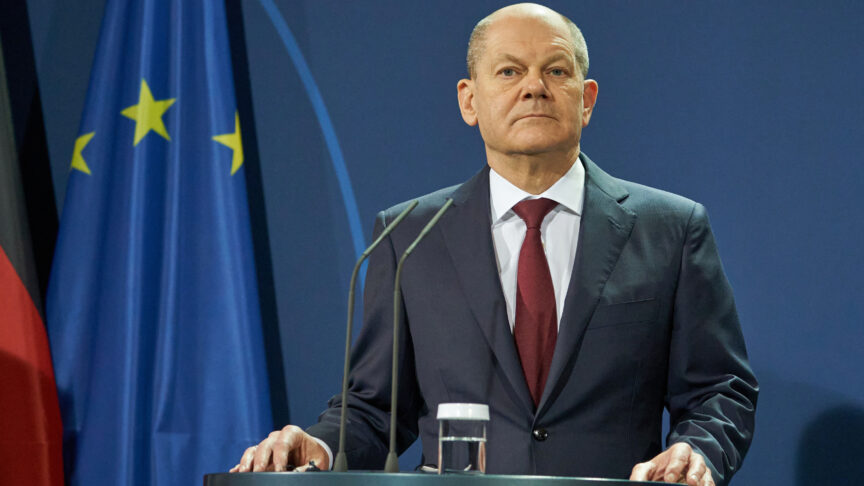
The only way for Germany to escape its historical inhibitions and be true to its post-war development is to change
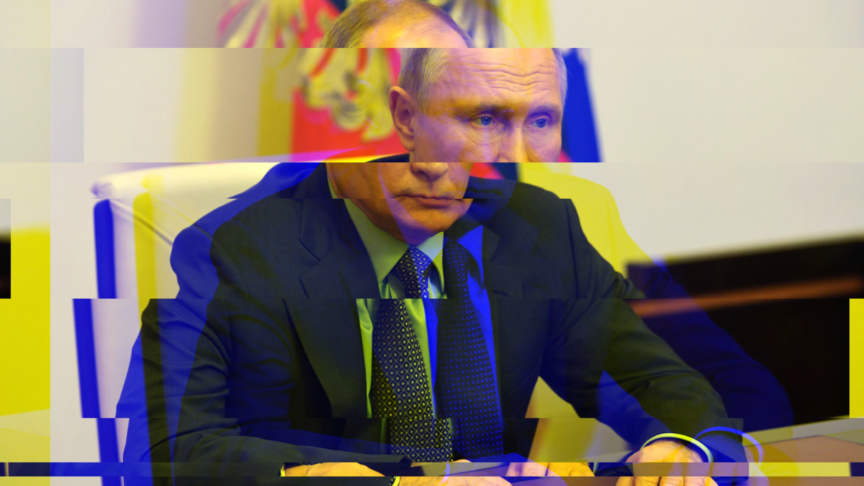
As the situation at the Ukrainian border escalates, Mark Leonard and his guests talk about the recent developments and the state of play at the ground
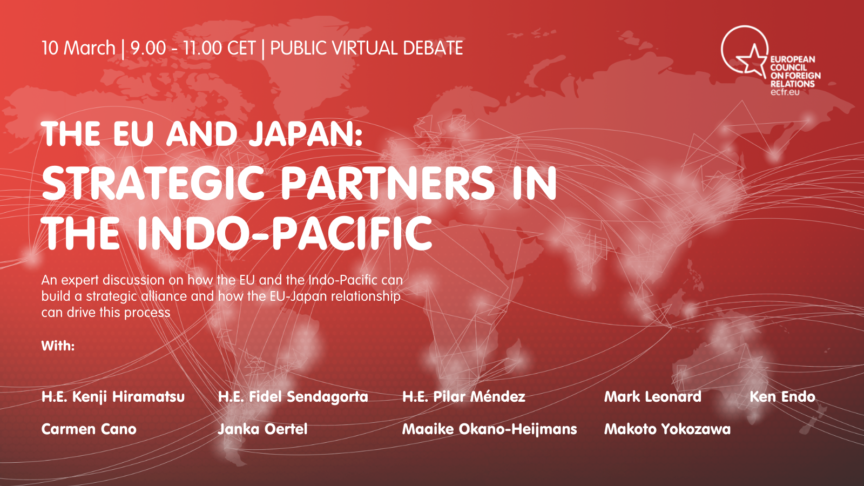
In collaboration with the Embassy of Japan in Madrid, ECFR has organised a public virtual debate to explore how the EU and the Indo-Pacific can build a strategic alliance and how the EU-Japan relationship can drive this process
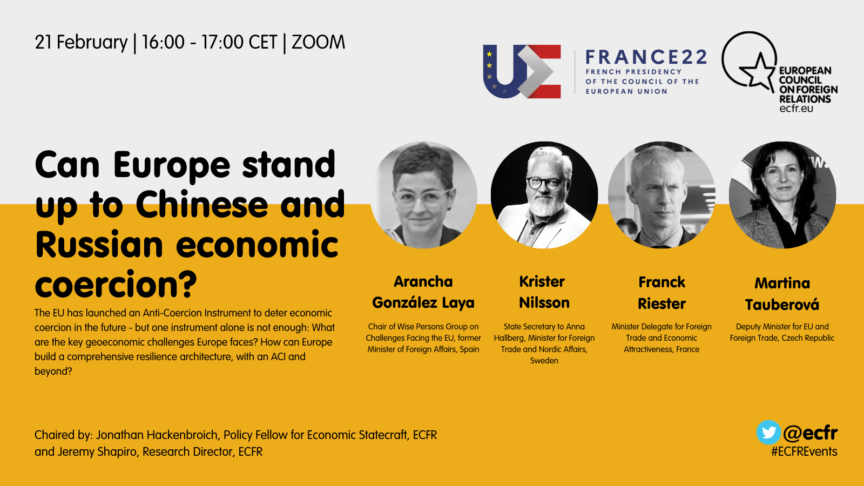
The European Council on Foreign Relations in the context of the French Presidency of the Council of the EU is delighted to invite you to a debate on the principles that should guide Europe’s quest for economic sovereignty
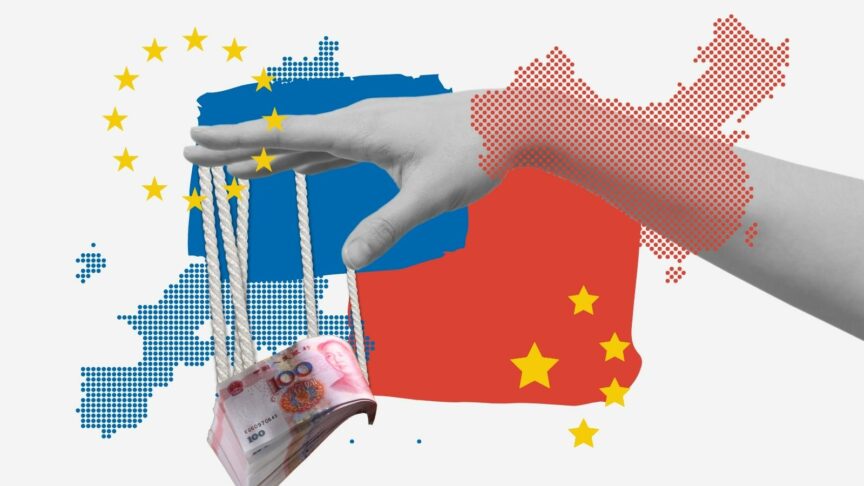
The EU needs to develop an Anti-Coercion Instrument that acts as a powerful economic deterrent, but this alone will not sufficiently protect Europe against economic coercion
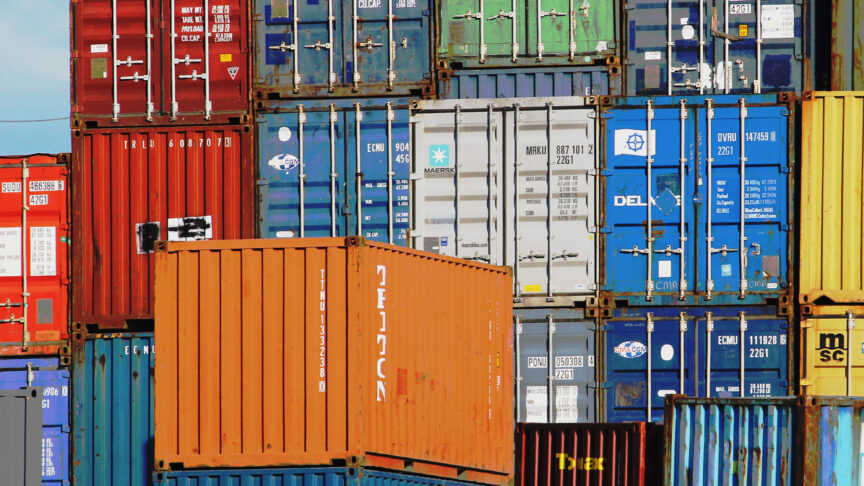
The anti-coercion instrument needs to enable countermeasures that are both effective and credible; if it does not, this could carry more risks than benefits
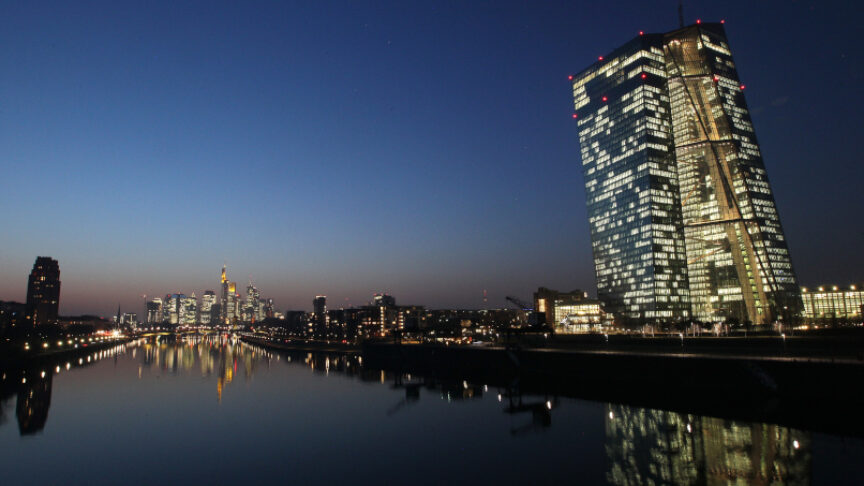
The EU should move quickly to consider and adopt a suite of tools to protect and enhance European sovereignty in the geo-economic sphere
Europe must improve its early warning systems, supply chain resilience, medical R&D, and cyber security and technology, to act decisively in future emergencies
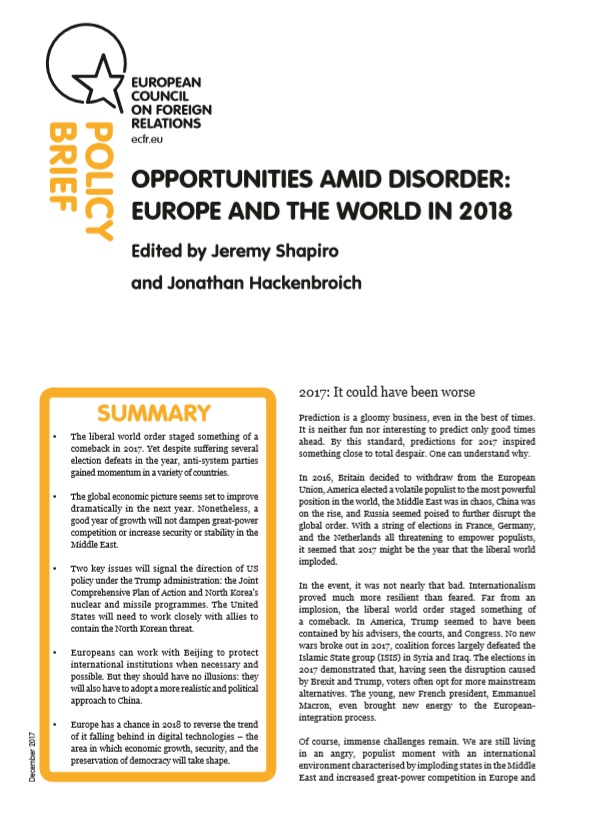
2017: It could have been worse Prediction is a gloomy business, even in the best of times. It is neither fun nor interesting to predict…

Putin is entertaining the idea of total economic war to force the EU weaken its sixth package of sanctions on Russia. Europeans should stay united and call what is likely to be a bluff

A strong Anti-Coercion Instrument could help the EU brace for a long-term economic war with Russia and adapt to the new geo-economic order

The EU should adopt a phased approach to energy sanctions on Russia. This would be more effective than a rushed embargo and would help preserve European unity

A European Solidarity Fund could help the EU preserve its unity as it engages in economic warfare. The fund would make it much more difficult for third countries to weaken Europe – and for Europeans to weaken themselves

Europeans have shown unity and decisiveness in countering Russian aggression. But there is still much they should do to adapt to the new geo-economic order

The only way for Germany to escape its historical inhibitions and be true to its post-war development is to change
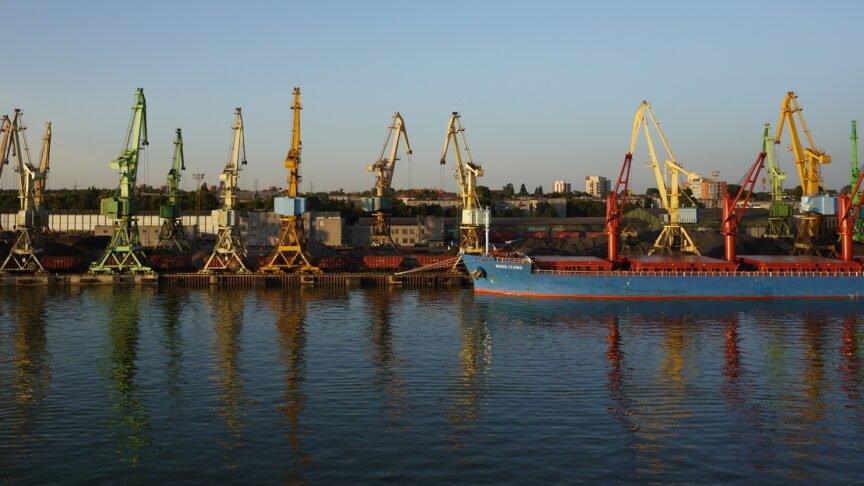
China is pressuring EU companies to cease trading with Lithuanian firms. This is a critical moment for the European Union – it should build up defences for its internal market and protect member states and companies from political coercion
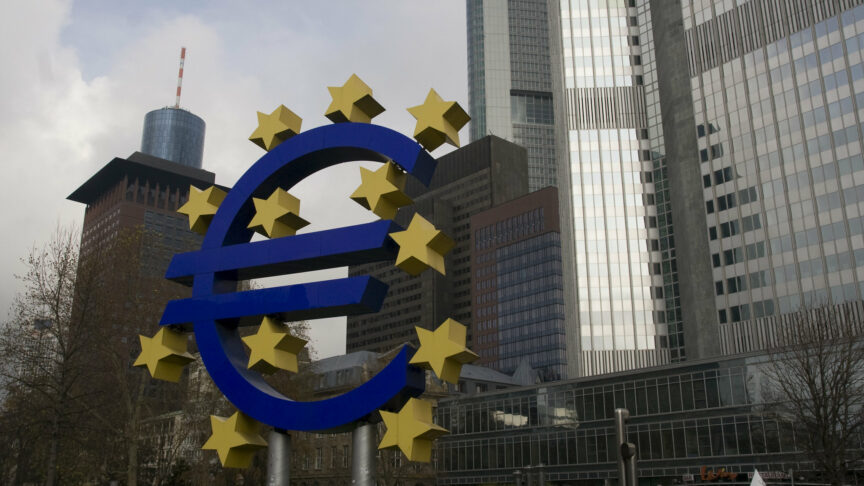
Protectionism is not the answer. European countries must build public support for strategic openness
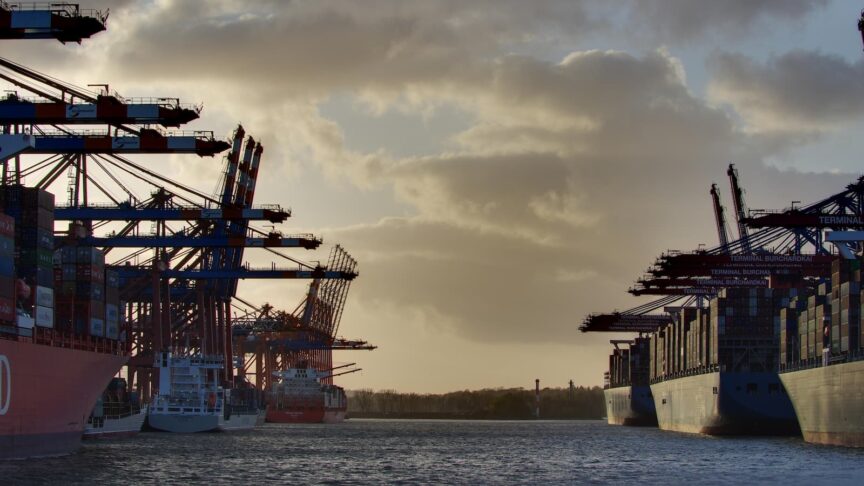
Threats to Germany’s and Europe’s economic sovereignty have won too little attention in the German election campaign. But, soon, policymakers in Berlin will have to take decisive steps to build up Europe’s strength against economic coercion
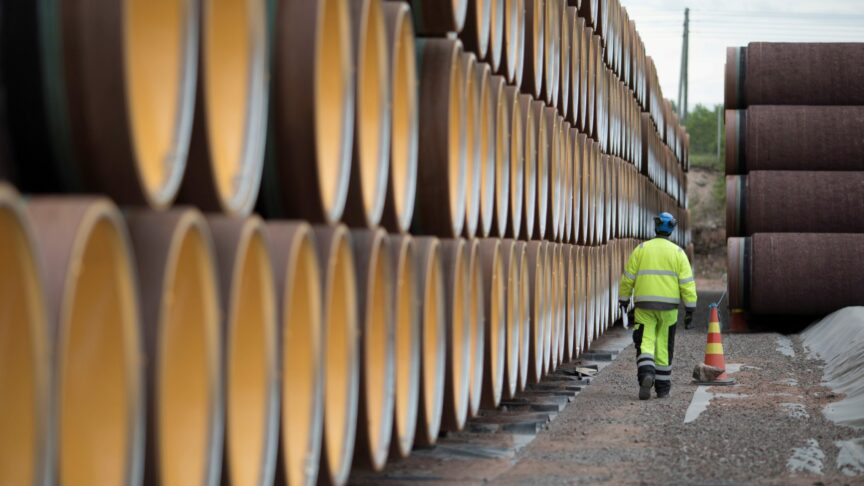
Nord Stream 2 has become a suitcase without a handle: hard to abandon; hard to take along

German chancellor, Olaf Scholz, is facing criticism for not meeting the expectations he created with his Zeitenwende speech. But how fair is this criticism?

As the situation at the Ukrainian border escalates, Mark Leonard and his guests talk about the recent developments and the state of play at the ground
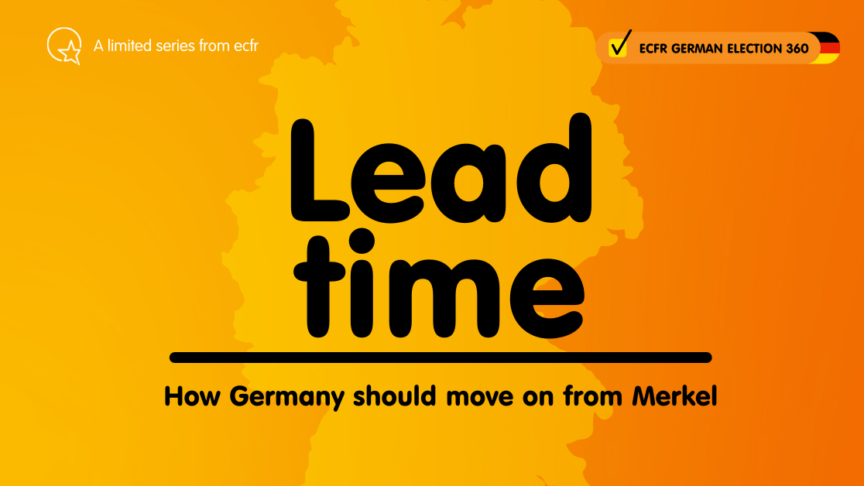
How can the next German government build up Europe’s strength against economic coercion?
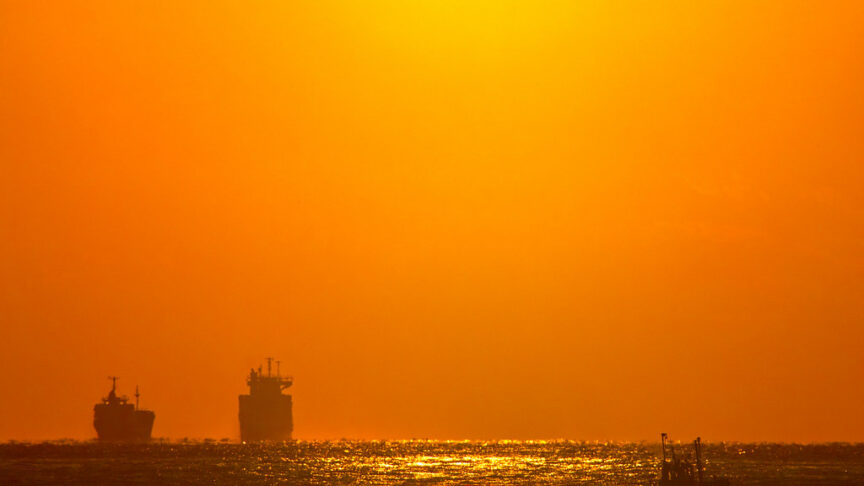
In what circumstances should an Anti-Coercion Tool be triggered? What kind of countermeasures could protect Europe, keep markets open and support a functional global trade order?
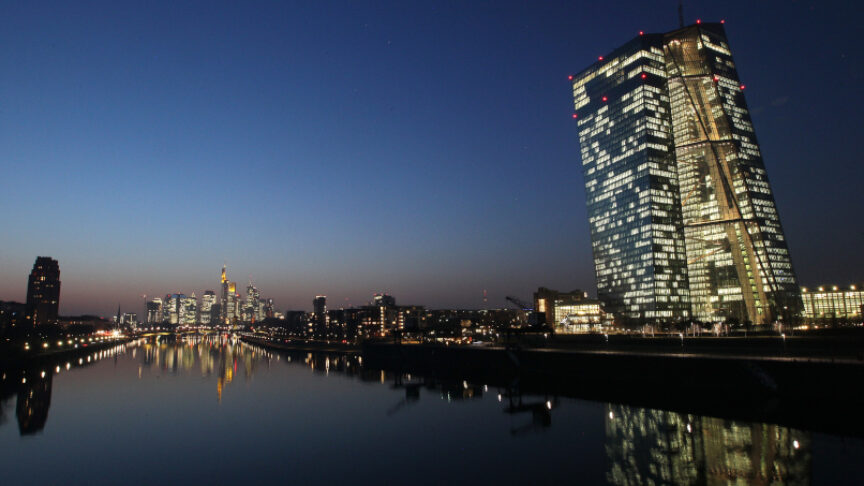
European countries are increasingly coming under threat of economic coercion from great powers, as outlined in the latest ECFR’s policy brief. But what do we…
“If it’s about Europe´s role in global health, a big part of it is Europe's health sovereignty which we want to make one of the…
What does the corona crisis mean for economic coercion? How does it amplify some of the problems stemming from punitive economic measures Europeans have worried…
The EU members states have been caught up in a heated discussion on possible European ‘coronabonds’, a joint debt assistance by the Union to help…
Negotiations over the Multiannual Financial Framework (MFF) for 2021 – 2027 just have started. But as tensions and divergences between the EU member states are…
Direct from the Hotel Bayerischer Hof, Mark Leonard, Ulrike Franke and Jonathan Hackenbroich share their post-conference insights. They discuss speeches by German chancellor Angela Merkel,…

In collaboration with the Embassy of Japan in Madrid, ECFR has organised a public virtual debate to explore how the EU and the Indo-Pacific can build a strategic alliance and how the EU-Japan relationship can drive this process

The European Council on Foreign Relations in the context of the French Presidency of the Council of the EU is delighted to invite you to a debate on the principles that should guide Europe’s quest for economic sovereignty
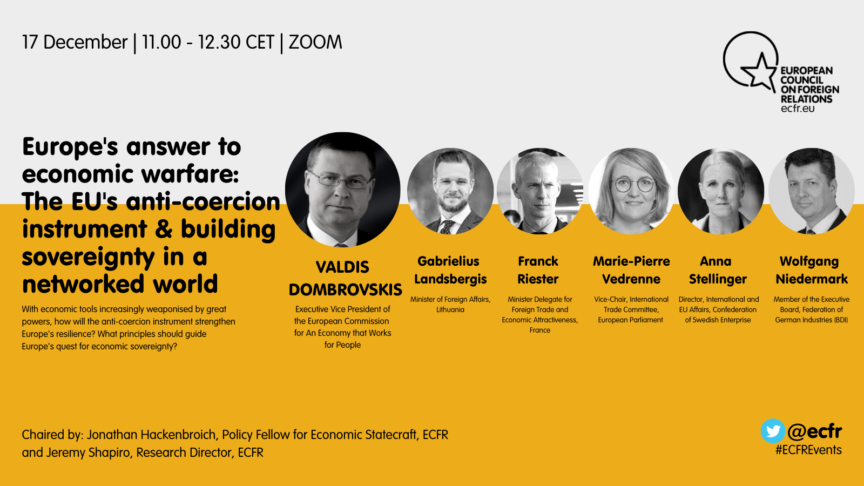
Join ECFR in this two-part event on the EU’s potentially game-changing geopolitical instrument against economic blackmail from great powers, and the principles that should guide Europe’s quest for economic sovereignty
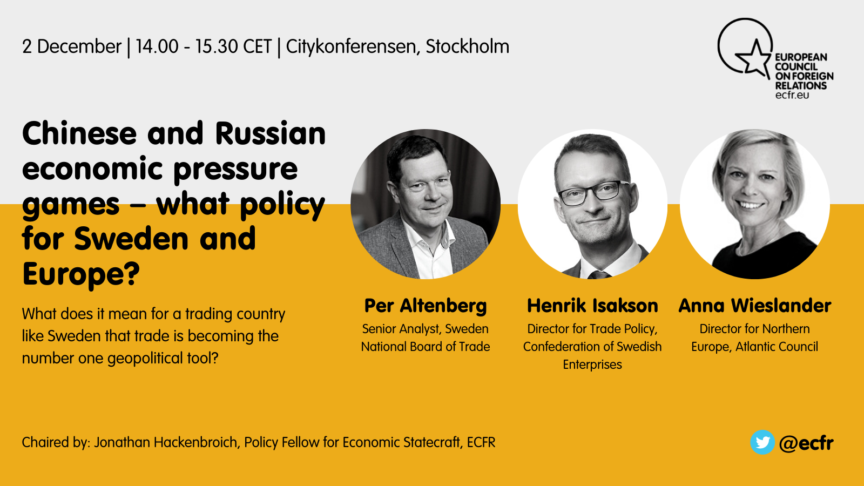
How should Sweden and Europe adapt to the rise of geo-economics, keeping their markets open but minimizing their vulnerabilities?
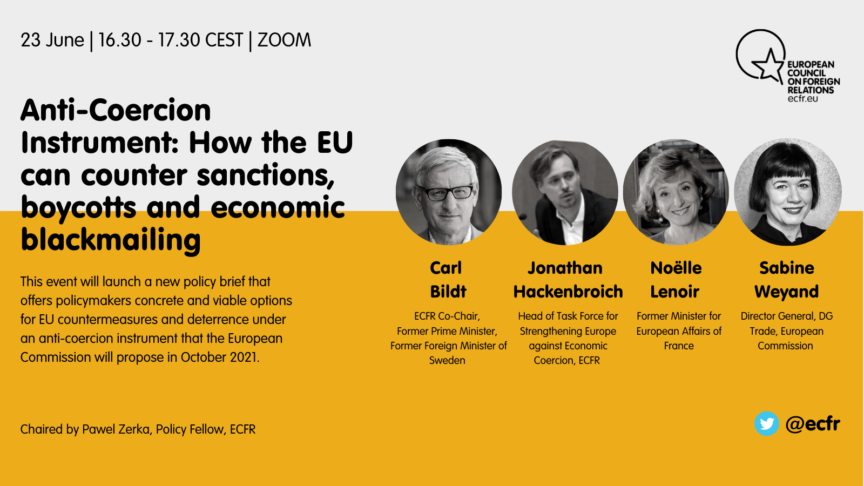
This event is the second webinar in a two-part series on current developments in the global use of economic coercion
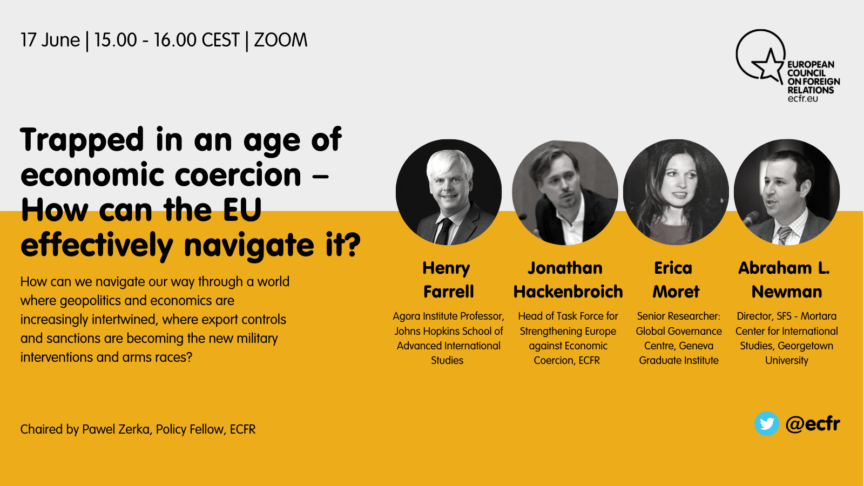
This event is the first webinar in a two-part series on current developments in the global use of economic coercion
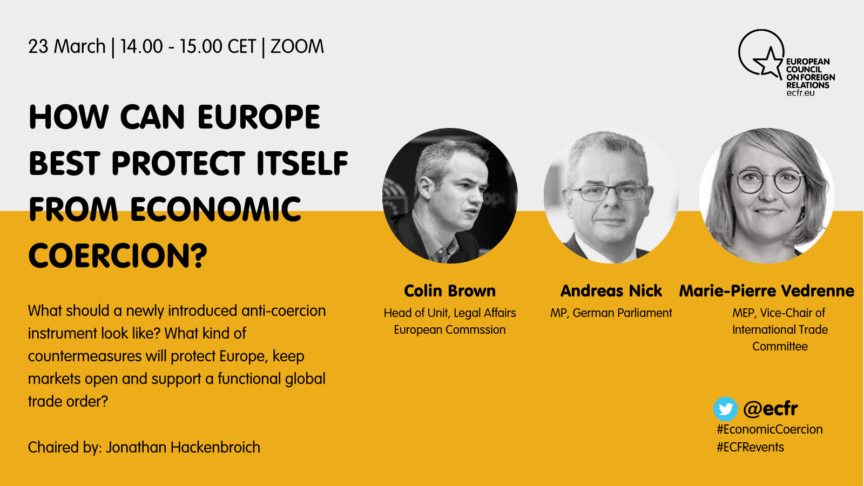
What kind of countermeasures will protect Europe, keep markets open and support a functional global trade order?